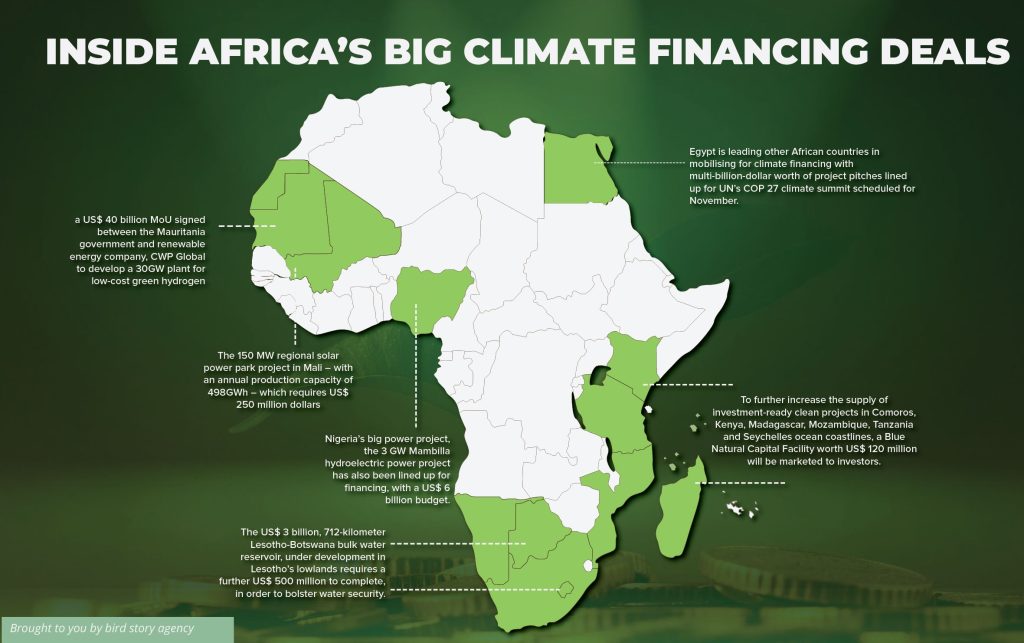
The continent is confronting an unprecedented climate crisis that threatens its ecosystems, economies, and communities, with impacts already being felt across agriculture, urban areas, and water resources.
Despite contributing relatively little to global greenhouse gas emissions, Africa remains on the front lines of climate change, facing prolonged droughts, devastating floods, wildfires, and rising sea levels.
At the Second African Climate Summit in Addis Ababa, Mahamoud Ali Youssouf, Chairperson of the African Union Commission, warned that Africa needs nearly $1.3 trillion annually to implement effective climate adaptation strategies.
Planned private investments of around $300 billion fall far short of the scale required to protect vulnerable populations, maintain resilient infrastructure, and manage natural resources sustainably.
“This astronomical sum covers a multitude of priorities: resilient infrastructure, sustainable management of natural resources, protection of threatened coastal areas, and support for vulnerable populations,” Youssouf said.
He emphasized that without such investment, Africa faces escalating risks of food insecurity, health crises, and climate-induced migration.
The AU leader also called for stronger international cooperation and reform of global climate financing mechanisms.
Current systems, he said, remain insufficient and inequitable.
Youssouf proposed the creation of a genuine compensation fund with sustainable resources to support countries most exposed to climate disasters, alongside reforms to the Green Climate Fund to ensure projects have regional or continental impact.
He also urged that carbon credit management be overseen by an independent international body free from the influence of polluting nations.
“The battle against climate change cannot be won without global mobilization, but Africa cannot bear this burden alone,” Youssouf said. Weak fiscal capacity and high debt levels limit the continent’s ability to respond, and delays in promised funding risk trapping nations in a cycle where disasters outpace solutions.
For millions of Africans who depend directly on natural resources for their livelihoods, every additional degree of warming is an existential threat. Experts warn that urgent action, substantial financing, and equitable global cooperation are essential to transform climate ambitions into concrete outcomes that safeguard the continent’s future.



